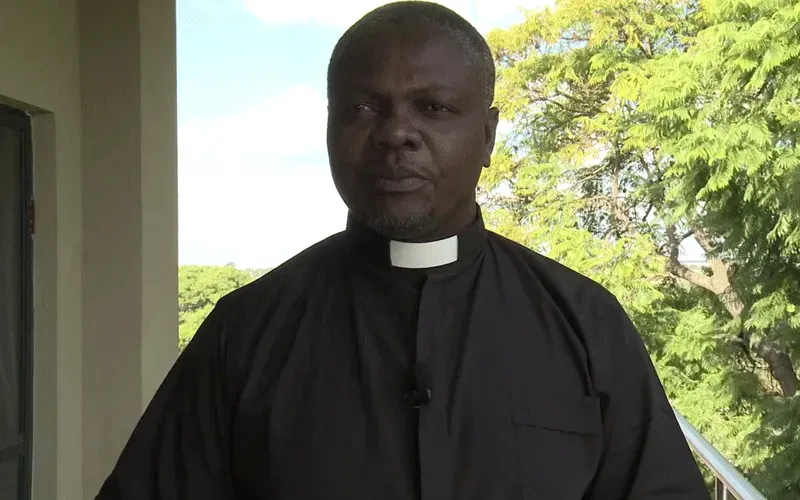Aboard the papal plane, 14 August, 2022 / 9:43 pm (ACI Africa).
A Catholic Priest at the helm of the Southern Africa Province (SAP) of the Society of Jesus (Jesuits) has urged developed countries to support poor communities in addressing the challenge of climate change.
In his presentation during an online session that African Climate Dialogues (ACD) organized on food systems, agriculture and adaptation ahead of the planned 27th Climate Change Conference of Partners (COP27) scheduled for November 6-18 in Sharm el-Sheikh, Egypt, Fr. Leonard Chiti said that while the poor bear the brunt of climate change challenges yet they “contribute less to greenhouse gas emissions that lead to global warming.”
“The people that contribute most to greenhouse gas emissions are the rich countries. Therefore, they have the moral responsibility to provide support, particularly in financial ways, to support those that are living on the front lines of the adverse effects Climate change,” Fr. Chiti said during the August 10 session.
He regretted the fact that the “poor, those who are poorly resourced and weak, bear the brunt of climate change.”
The Zambian-born Jesuit said, “So, here in Southern Africa, the message has been very simple. We need to support poor communities who are in fact the majority of our populations in Southern Africa. We need to support them to be able to adapt to climate change. Climate change is with us; we cannot pretend that it's not happening; we can see its effects.”








